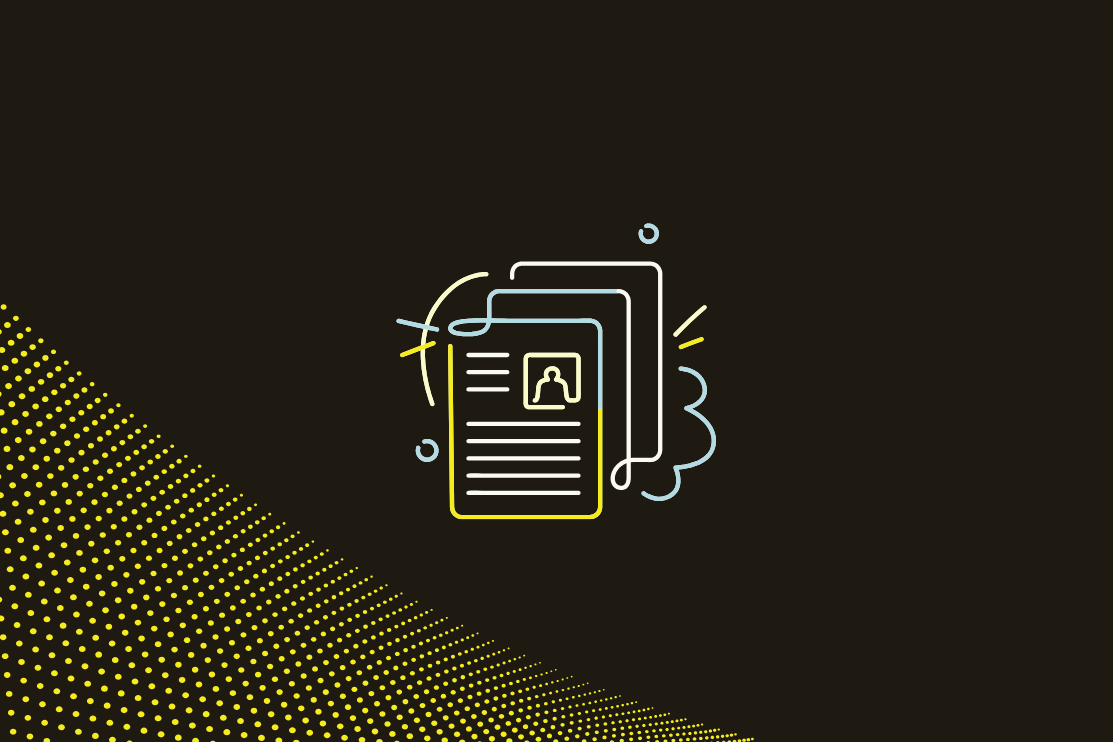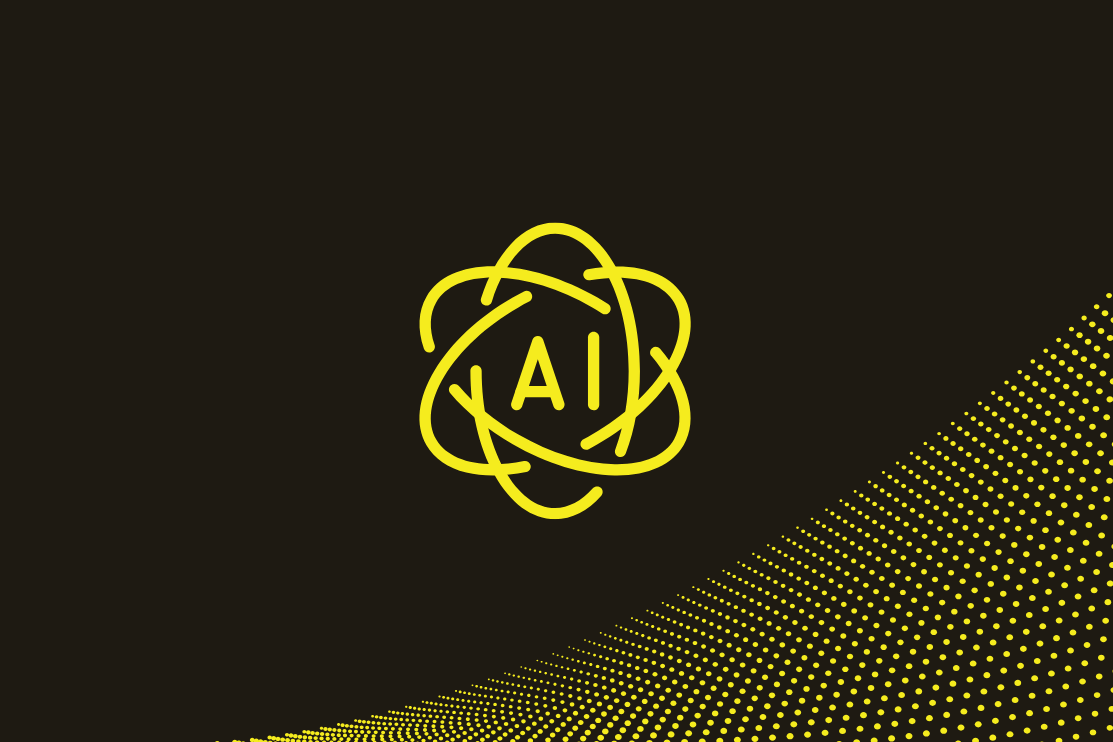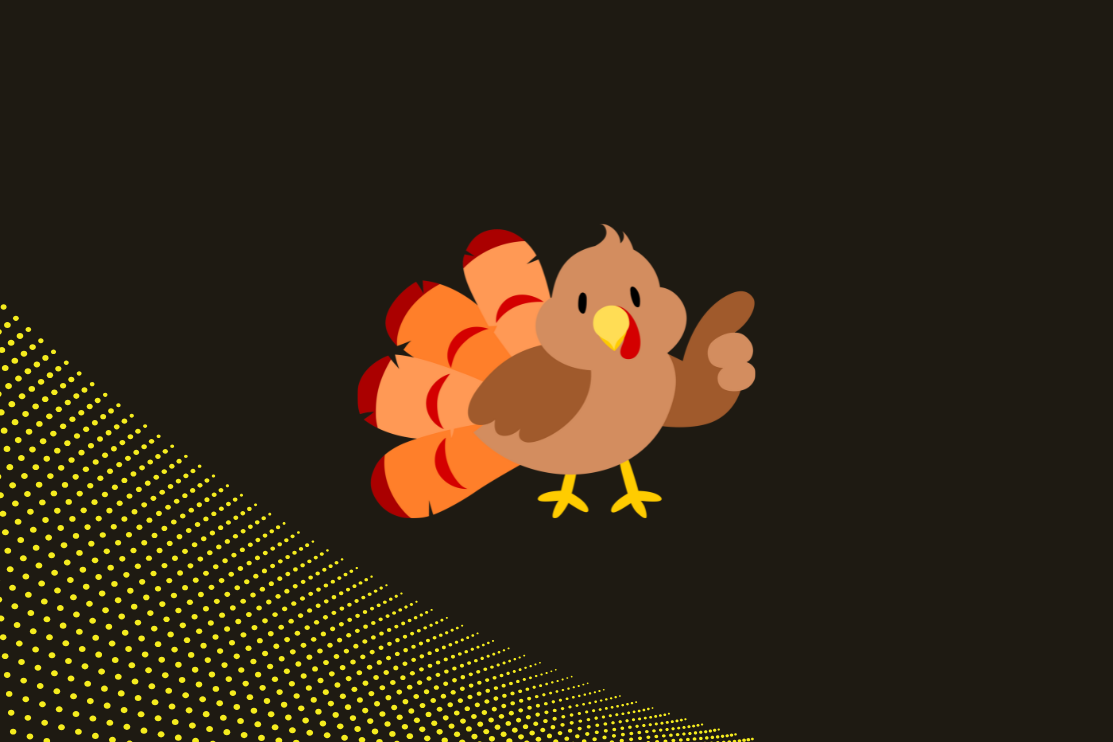5 Ways to Make Life Easier for Counselors And Career Advisors With ChatGPT
5 Ways to Make Life Easier for Counselors And Career Advisors With ChatGPT
5 Ways to Make Life Easier for Counselors And Career Advisors With ChatGPT
5 Ways to Make Life Easier for Counselors And Career Advisors With ChatGPT
5 Ways to Make Life Easier for Counselors And Career Advisors With ChatGPT
5 Ways to Make Life Easier for Counselors And Career Advisors With ChatGPT
Don't miss our breakout sessions!
Book time with our team on-site!
Our team is excited to meet you. Book a time that works best.


In recent months, it has been hard to scroll through a news feed without seeing a reference to ChatGPT, a chatbot that utilizes Natural Language Processing (NLP) to do a variety of tasks from answering seemingly mundane questions to writing copy to even drafting fairly formal essay responses to sophisticated prompts, all in a matter of seconds. The free site has dominated conversation and analysis across a wide swath of sectors–from its impact on the economy to academia to educational applications to popular culture. The unifying characteristic of responses to this application of Artificial Intelligence (AI) technology has been the intensity–with some saying it is the end of the human art of writing to others seeing it as the next great leap in digital innovation. Depending on who you ask, people are fascinated, amazed, excited, deeply troubled, and a little bit terrified about how ChatGPT will transform our world.
Like most new technologies, ChatGPT is neither inherently good nor bad. It is how the Chatbot is utilized that will determine the quality and type of role it plays in society. Many professionals’ initial reaction was concern over having AI replace and automate functions and roles that have been only possible for humans to do up to this point. Extending this point, many in the realm of education have worried that, much like learning cursive has become an activity of the past, students will no longer sufficiently develop important writing and communication skills when they can rely on ChatGPT and similar technologies to do so for them.
As individuals experiment with the technology and consider its different applications, they are beginning to recognize that there are many incredibly valuable ways ChatGPT can support efforts in a variety of professions to build efficiencies, generate initial drafts of content, and help raise the overall quality of communications–without replacing the role of the actual person.
Supports, But Does Not Supplant
Outside of education, people are beginning to identify many appropriate, professional uses of ChatGPT. Realtors, for example, whose knowledge of the laws, policies, and requirements around the home buying and selling process must be certified with official licenses, are finding ChatGPT incredibly helpful in efficiently writing high-quality listings for homes they are selling. For these professionals, the program is supporting their ability to effectively market and communicate out about their listings–which is just one component of their overall job responsibilities. Within education, teachers, who must have deep knowledge and background about how to best convey new concepts and help students to understand, are finding it can be helpful to use ChaptGPT to develop initial frameworks for lesson plans based on learning standards, create lists of essay prompts, or even draft short stories or poems for students to edit or respond to as a class assignment. These ChatGPT tasks in no way undermine or replace the value of the people in the roles; but they can elevate the work and add necessary efficiencies to often overworked professions.
School counselors, many of whom have overwhelming caseloads and a variety of writing and communication tasks as part of their daily to-do list, should consider utilizing ChatGPT to help support their work and increase their efficacy in helping students and families. Accepting and embracing the new technology, rather than ignoring it, can lead to more thoughtful planning and utilization.
Getting Started
After a simple sign up process, users can immediately begin interacting with ChatGPT with little instruction or guidance. While ChatGPT responses can lack specificity or nuance, it can often produce a first draft of any type of writing or response. With ChatGPT, the more specific the input, the greater the likelihood the output will align with intentions. Taking time to include details as part of the initial query can lead to more personalized and useful outcomes that require fewer edits once complete. And, when a writing process starts with a rough draft already created, the final product can be delivered more efficiently, giving the writer more time to deliberate over details and ensure the overall quality of the piece.
Counselor-Specific Uses of ChatGPT
Letters of Recommendation
Many college admission, work-based learning, and scholarship applications require letters of recommendation, and school counselors and career and technical education (CTE) educators are often the first to be asked by students to write letters on their behalf. Because the deadlines are common for large numbers of students, the requests for these letters can inundate a counselor in a given time period–especially when some students wait until the last minute to make their request. And, counselors bring a variety of skill sets to the job with some having strengths in interpersonal interactions more than written communication. Utilizing ChatGPT can help a counselor to efficiently produce high-quality first drafts of letters and ensure that all students have an element of quality control in the drafting of their letters.
Emails with Information about CCR Processes
Counselors spend a lot of time answering student and family questions via email about important information and components necessary to meet College and Career Readiness (CCR) milestones and goals. These include questions about course selection, FAFSA completion, career training programs, and other things specific to a school or district. ChatGPT can help a counselor quickly draft email communication that includes relevant information for students and families. Similarly, ChatGPT could be used to quickly create an invitation for students or families to attend a CCR-related event, program, or information session.
Communication with Industry Partners
Industry partnerships are a vital component of CCR programming. It can be time-consuming and stressful for counselors to initiate the outreach to introduce themselves and the school to potential businesses and see if they are interested in partnering. Counselors can utilize ChatGPT to write these emails, geared specifically toward a relevant field or industry.
Event Planning
Counselors are often responsible to plan various events for students and families. These might include events to communicate the details of the college search and application process, connect students to internships and work-based learning opportunities, or help students prepare for interviews. ChatGPT can be used to brainstorm types of events and various activities to do at the event to meet student and family needs. Whether your school has an event in place or is looking to set up a new event, ChatGPT can provide a quick list of possible ideas.
Social Media Posts
Social media posts can be an impactful way to connect with the community, highlight the value of CCR programming, advertise local businesses by showcasing industry partner collaborations, and create opportunities to acknowledge the passions, hard work, and accomplishments of students. It can be challenging, however, for counselors and educators to find time to create these kinds of posts and communications. ChatGPT can be used to draft multiple options for such posts, leaving only the work of editing and posting for counselors to do.
Here to Stay
AI can never replace the compassion, empathy, lived experience, or nuanced understanding of students and families that a counselor or teacher brings with them each day. Because of this, it is critical to note that all communications produced by ChatGPT should be used with human oversight and thoughtful review. Content generated should be seen as a decent first draft or brainstorming session.
But, just as we have witnessed the cycles of other innovative technologies such as the Internet or personal computers begin as a perceived threat to inherent human exceptionalism, in time they become part of the common infrastructure that individuals, businesses, and societies rely on–ChatGPT and other AI resources like it are here to stay. Counselors and other educators can and should embrace the efficiencies and support it can provide to make them more effective in their roles. And, with personal experience, educators and counselors will be better able to help their students navigate these new applications of AI–with ChatGPT just the beginning of what will be possible in their postsecondary lives.
Related Posts
See All




